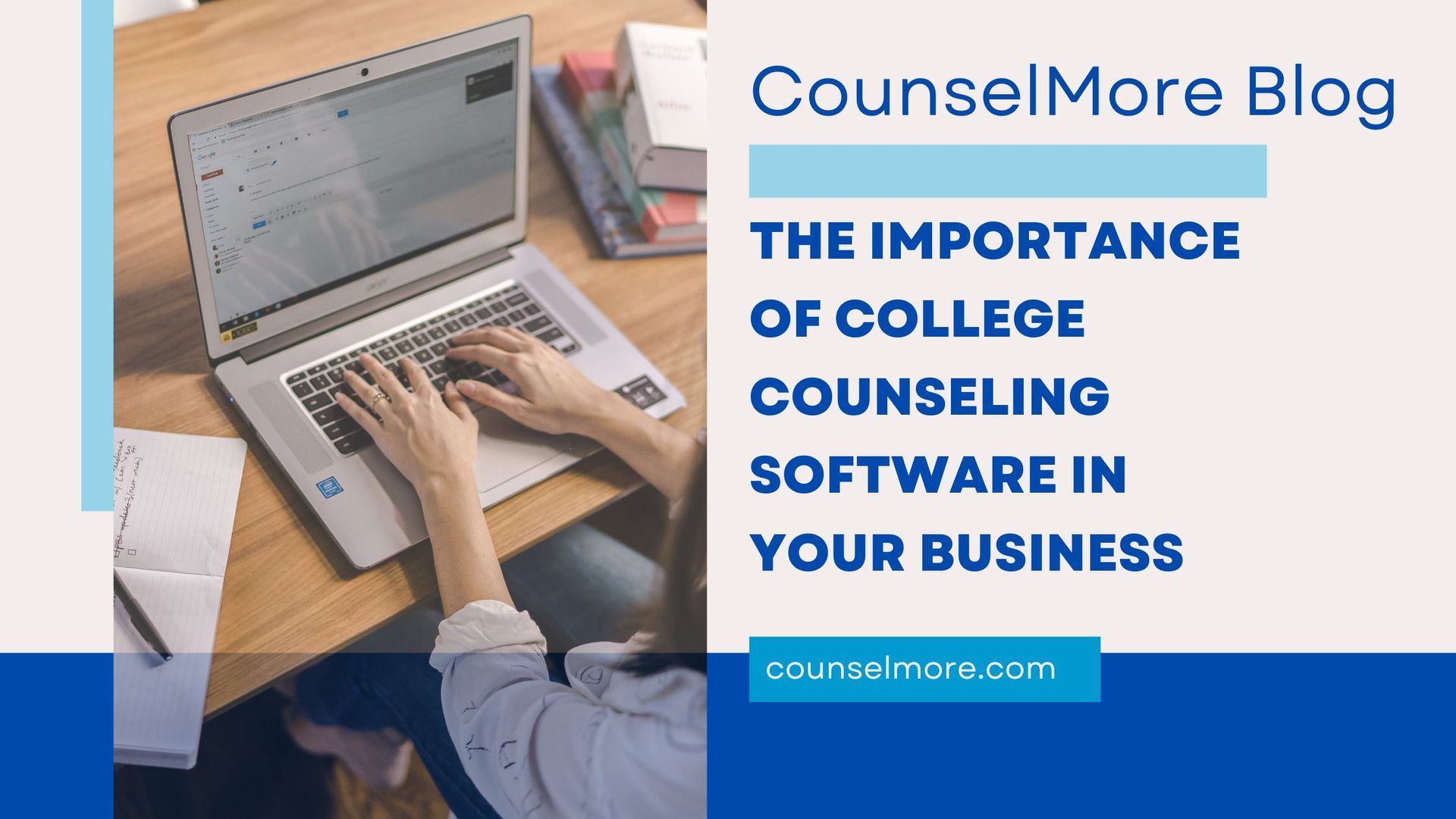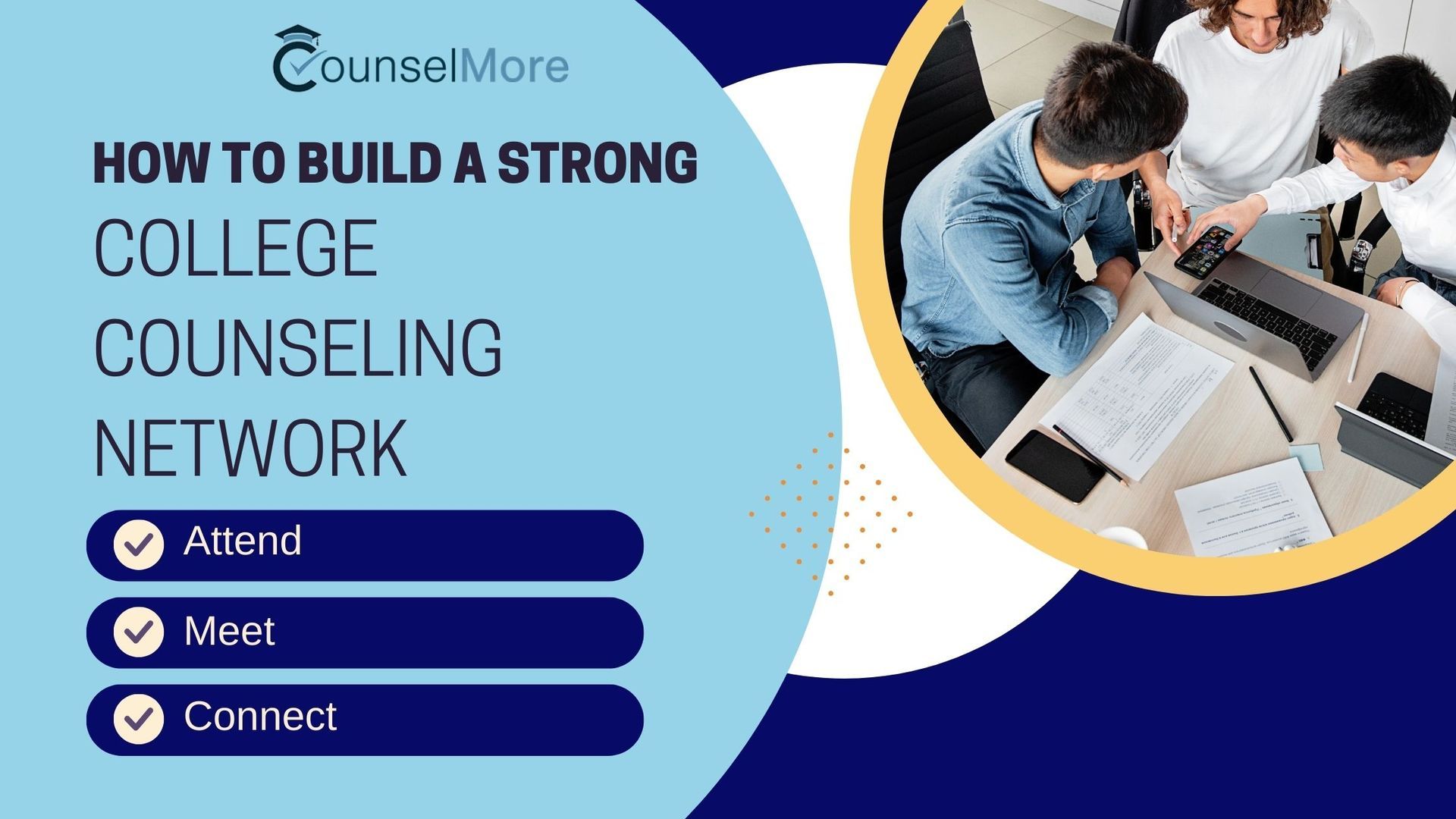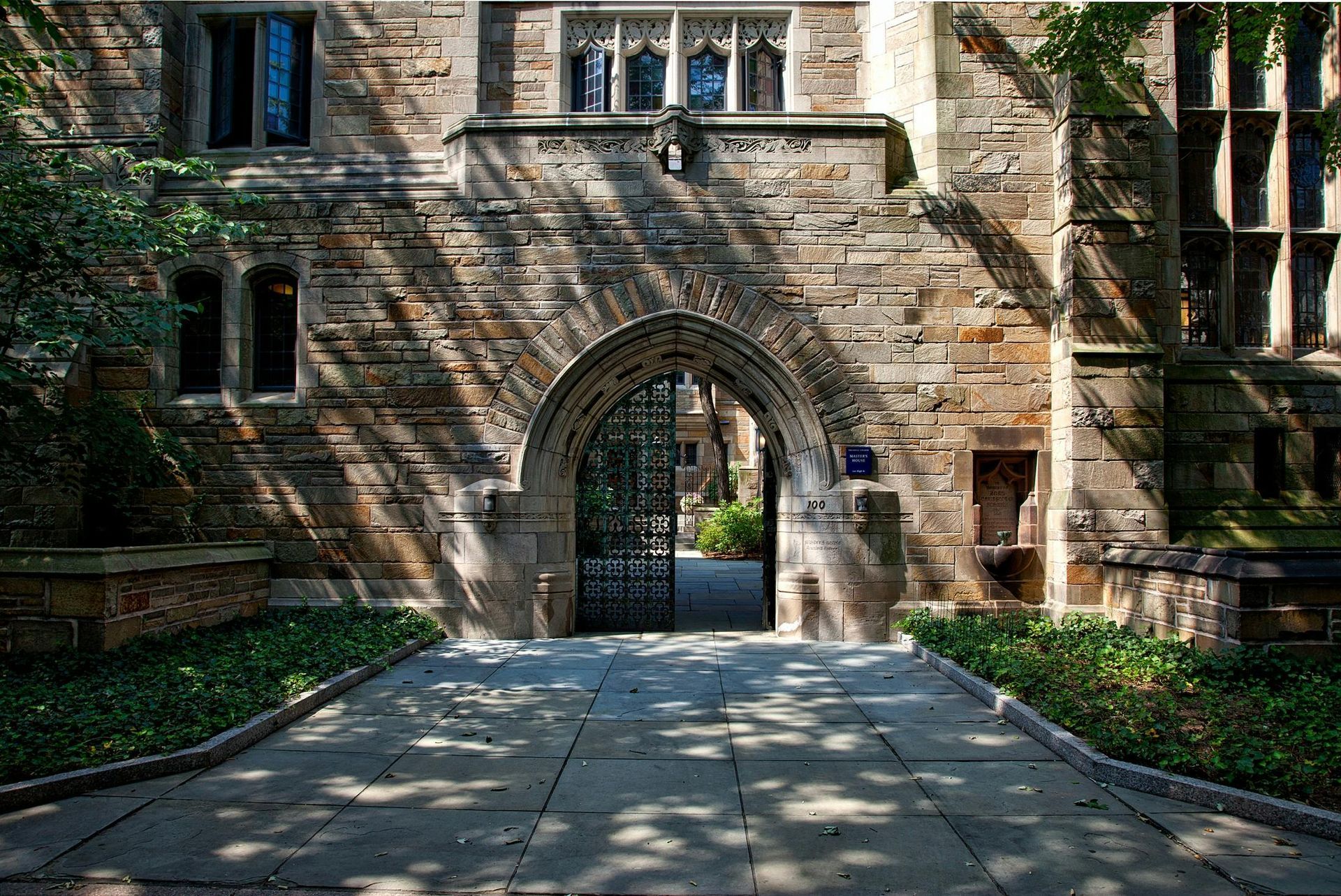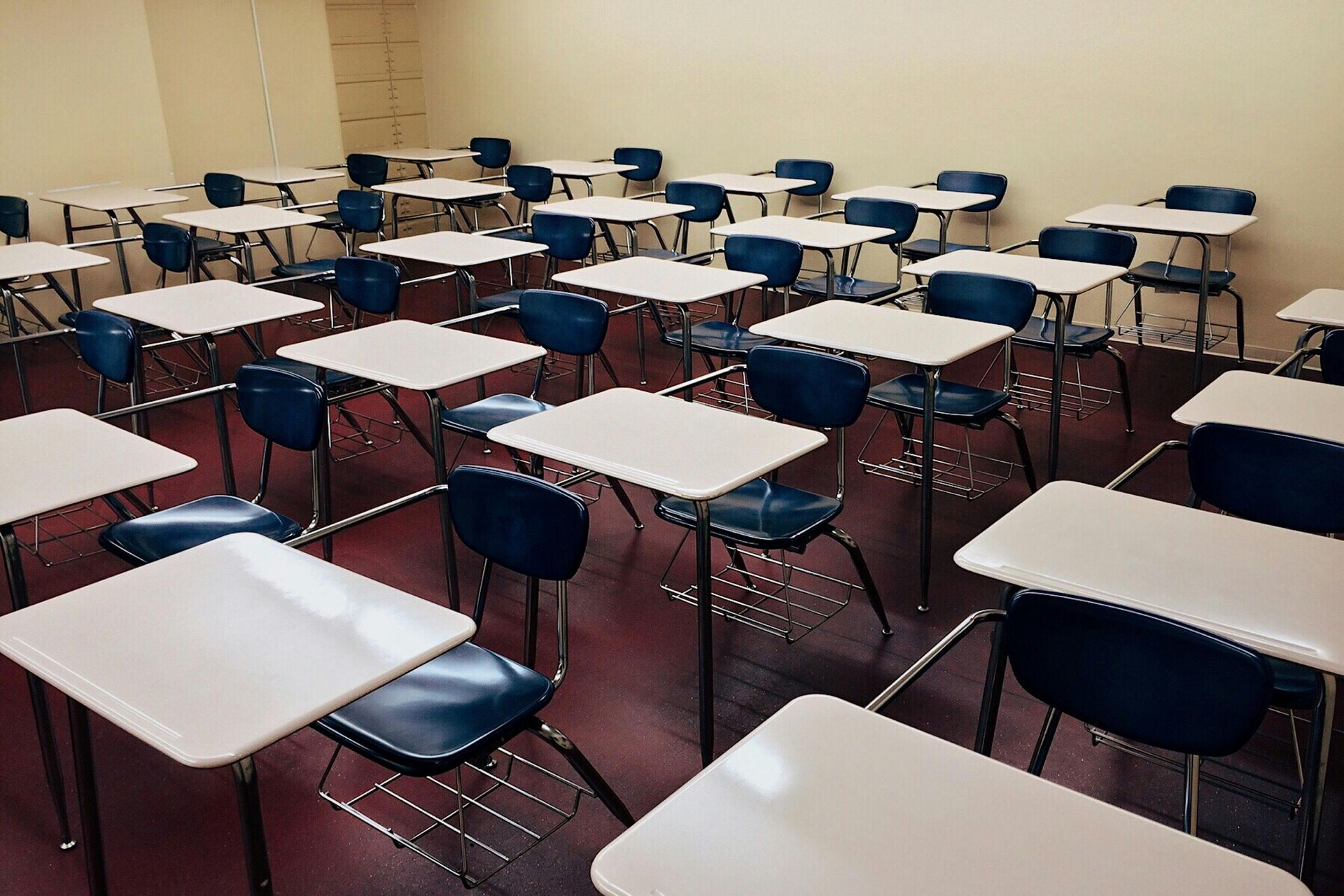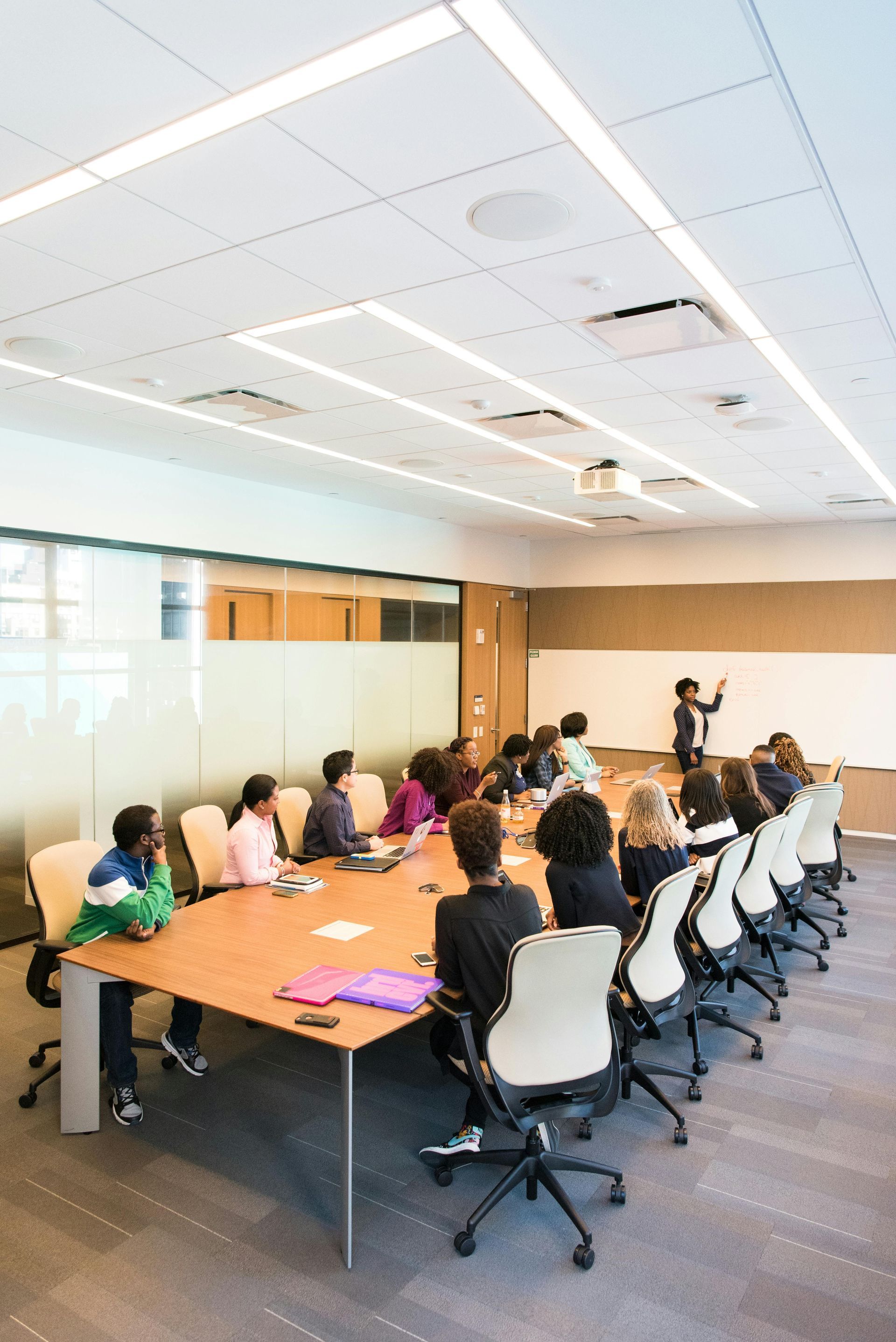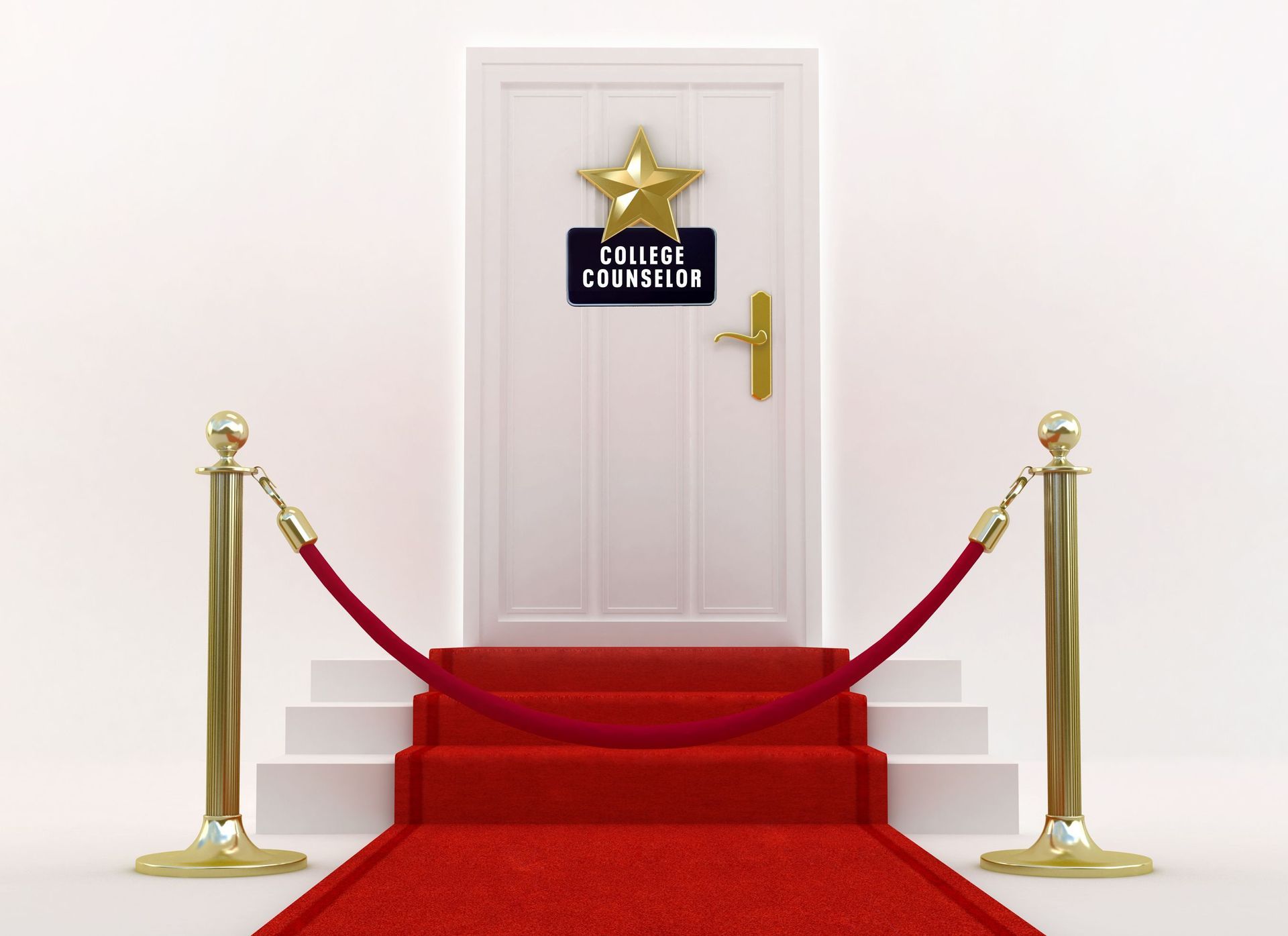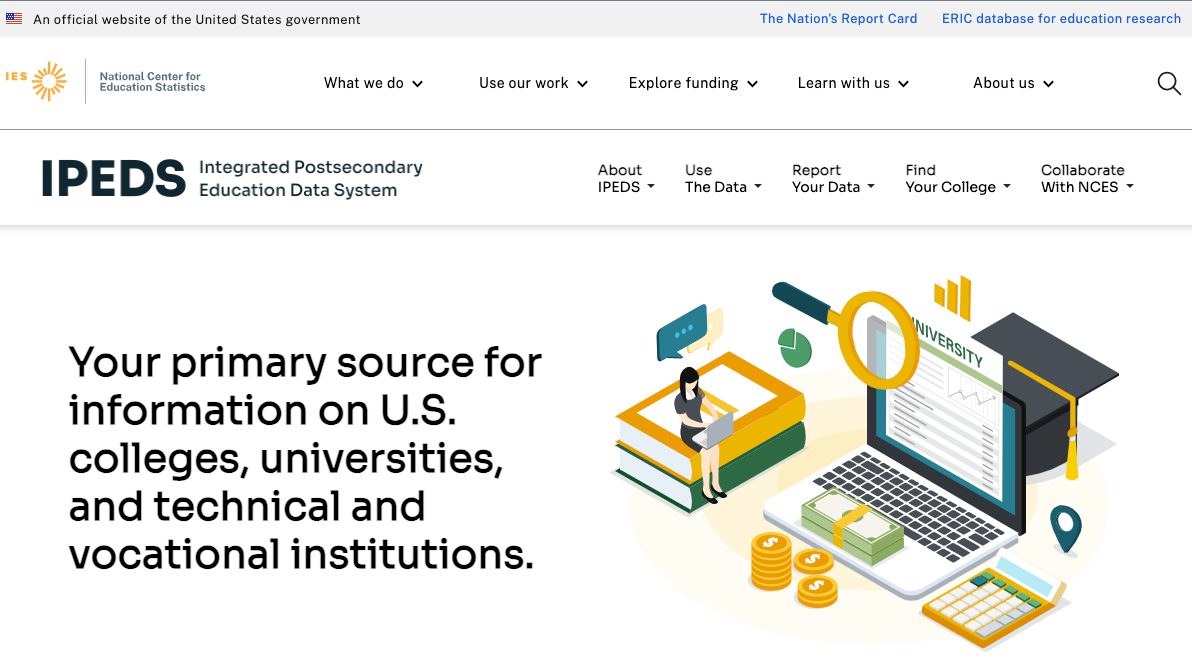Nia had been so excited to go to college. She’d been diagnosed with inattentive ADHD in eighth grade and received accommodations such as extra time on tests, preferential classroom seating and getting copies of teachers’ notes. An executive functioning coach assisted her in using a calendar and organizing assignments. Nia worked hard, graduated with a 3.8 GPA and moved into her college dorm with high expectations. Sadly, six months later, she was back home. Depressed, anxious and on academic probation, she’d isolated herself, dropped one class and failed two.
Background
Nia’s story is all too common for girls with ADHD. They often struggle to manage their own schedules in college, seek help at learning centers and follow through on appointments; moreover, they frequently fail to inform their parents or advisors when they are falling behind. Some girls who succeeded in high school are confident about their abilities to manage university academics and independent living, only to become quickly overwhelmed. They begin to miss deadlines and skip classes due to shame, anxiety and depression. How can IECs help girls prepare for college more effectively and guide those floundering when they get there?
Let’s start with some facts about girls with ADHD. Attention deficit hyperactivity disorder (ADHD) is a chronic condition marked by persistent inattention, hyperactivity and sometimes impulsivity; these symptoms are more frequent and severe than in typical peers. There are three types of ADHD: hyperactive/impulsive, inattentive and combination type. Keep in mind that there is a lag of up to three years in brain maturity for those with ADHD.
Girls Are Overlooked
For every girl diagnosed with ADHD, there are three boys identified with the condition. Boys are diagnosed more often with hyperactivity/impulsivity, usually exhibiting inappropriate, aggressive or impulsive behaviors. Girls tend to have the inattentive type of ADHD, which explains why we frequently miss ADHD in girls. Symptoms in girls with inattentive ADHD include forgetfulness, difficulty listening, daydreaming, problems with verbal and/or written expression, shyness, perfectionism, misreading social cues and social isolation. Anxiety, depression, eating disorders and self-harm often accompany or even overshadow ADHD in girls.
Everyone with ADHD has executive functioning challenges as well as personal strengths. While they can focus well on things that interest or come easily to them, they struggle with uninteresting, unpleasant tasks. Some deficits may be more obvious than others. Ava gets to appointments on time but can’t keep her bedroom organized or meet deadlines. Erika gets her work done but is distracted so easily that it takes her twice as long as it should. To make things worse, many girls will deny their challenges due to embarrassment.
Some girls with ADHD will do anything to avoid disappointing others. Despite offers to assist her with planning and organization, Jasmine lied repeatedly in therapy, saying she had her coursework under control when in fact she was barely passing two out of her four classes. She dropped out of therapy rather than working through her embarrassment. These factors combine to make evaluating and working with girls and young women with ADHD quite complicated.
The IEC as Counselor
It’s critical to approach students with compassion, collaboration and consistency. Despite wishing to go straight to a four-year college, many need a transition year at a job or community college to mature. Some benefit from a gap year program to nurture an artistic, athletic or political passion. They may be managing adequately with considerable parental and school staff support, but when left to their own devices, procrastinate and can’t complete projects. You may witness students’ executive functioning challenges when they can’t start one of their essays, plan application tasks or prioritize what’s important. These patterns suggest that they will likely face similar challenges in college.
College Selection
Most college students with ADHD need academic or executive functioning support. Weekly meetings help them organize their schedules, make a study plan and break assignments into manageable chunks. While colleges frequently offer free peer tutoring and a writing center, relatively few have learning centers with professional academic coaches to help with issues such as time management. If a desired school doesn’t have such a program, it might not be the right college for a girl with ADHD. However, she could hire a private executive functioning coach or company if she is adamant about attending a particular university that doesn’t happen to offer these services.
It’s important to help these girls–and their parents–realistically assess their capabilities and needs. Not all girls with the grades and test scores to get into an Ivy League school will thrive there. They may require more intensive support than what’s offered at their “dream” school. Girls with ADHD benefit from colleges that both understand and accept all kinds of learners and offer services to assist them in achieving academic and life goals.
How to Help
When working with these families, keep in mind:
- If a student had a 504 or IEP in high school, she should try to obtain comparable accommodations in college, especially in her first year. However, the high school education plan doesn’t “carry over” into college. The student needs to bring documentation – typically a recent neuropsychological evaluation – to the college’s disability center and formally request specific accommodations and supports recommended in the evaluation. Shame and procrastination may well deter a student from going to the disability center, so the IEC or parents should ensure that she has followed through. Just like in high school, she’ll need support or “scaffolding” to make a successful transition to college and perform well academically. Parents should monitor their daughter’s compliance with services and decide what to do if she stops seeking support. Remember that if she doesn’t sign a FERPA waiver, her parents will have no way to find out if she’s meeting with her coach or even attending class. Ultimately, a parent can’t make a young adult get assistance but, with a caring approach and an agreed-upon plan, you can keep the lines of communication open.
- Girls with more severe ADHD and related issues may need a year or two at a program for students with learning differences before moving to a more independent setting. Conversations about a girl’s social and emotional needs are just as important as those geared towards academic topics. Explain that the ADHD brain needs more time to mature. This is a biological fact, not a personal failure. Provide some success stories about similar students.
- Girls with ADHD often want to please others and avoid conflict. As a consultant, you may be a girl’s key ally. Get to know your student’s hopes and fears, then help her share them with her parents and assist them in really listening. Keep the college selection process realistic by reviewing what supports helped the student do well in high school.
- Consider referring a girl for an evaluation for inattentive ADHD (among other things) when she:
- Shows perfectionistic, anxious or depressive signs
- Makes comments suggesting distractibility or memory issues
- Reports feeling overwhelmed constantly regardless of how much she has to do
- Struggles more than typical kids of her age and background with writing assignments or staying on topic.
One year later, Nia is studying at a community college, working part-time at a store and finally accepting her quirky, creative brain. She realizes it was a mistake to pick her first college based on what she thought her parents wanted. She started taking an antidepressant along with her ADHD medication and both her anxiety and depression have decreased. Family therapy reset parental expectations and helped Nia strategize ways to improve time management and organization. Most importantly, her parents are giving her the space to figure out how to participate in college at a pace that works for her.
Thanks to Sharon Saline, Psy.D. for taking the lead on this article, which originally appeared in the Insights newsletter of the Independent Educational Consultants Association.

